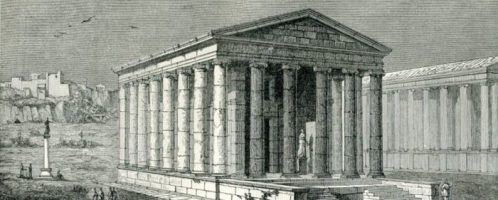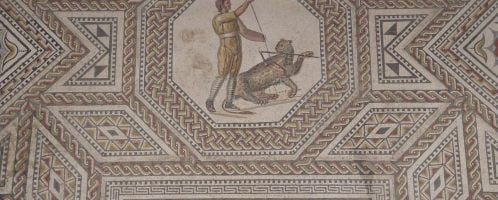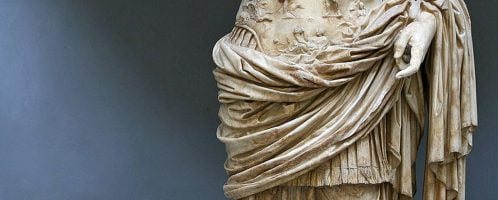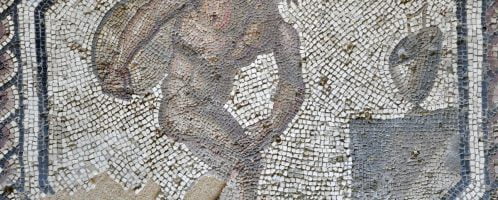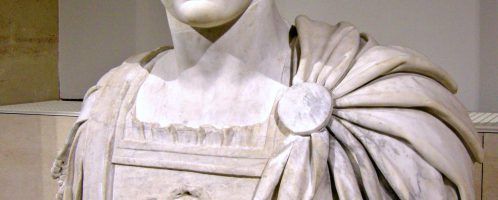Titus and petitioners
Emperor Titus (39-81 CE) ensured that none of his petitioners was left without an answer. Once, when he was accused of promising more than he could fulfil, he replied: “It is not right for anyone to go away sorrowful from an interview with his emperor”.



